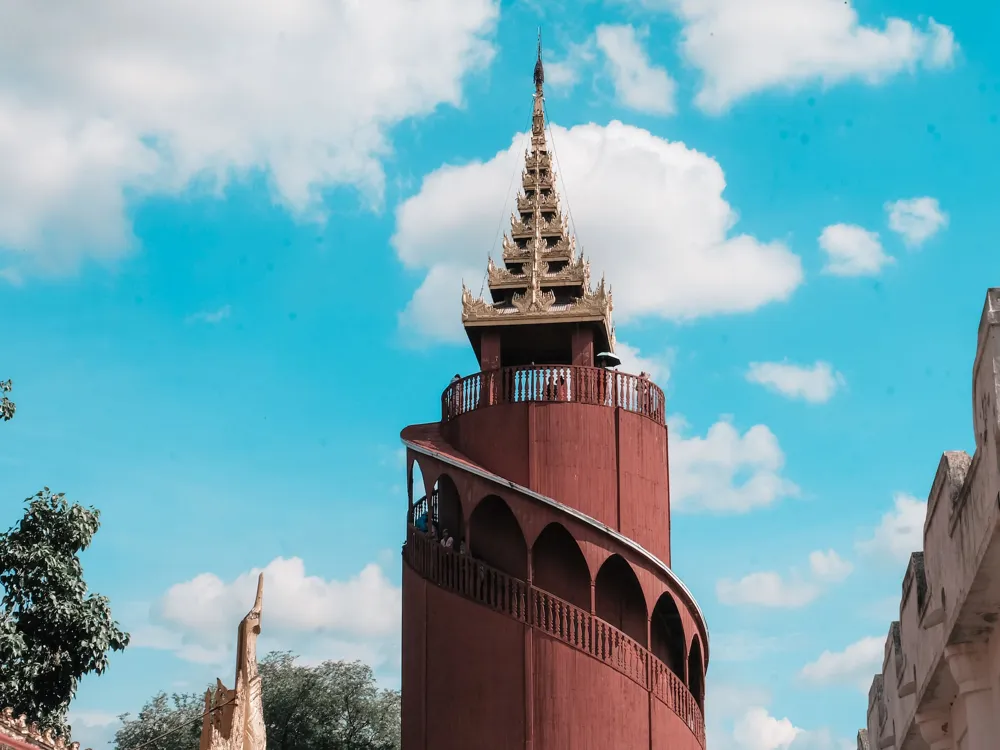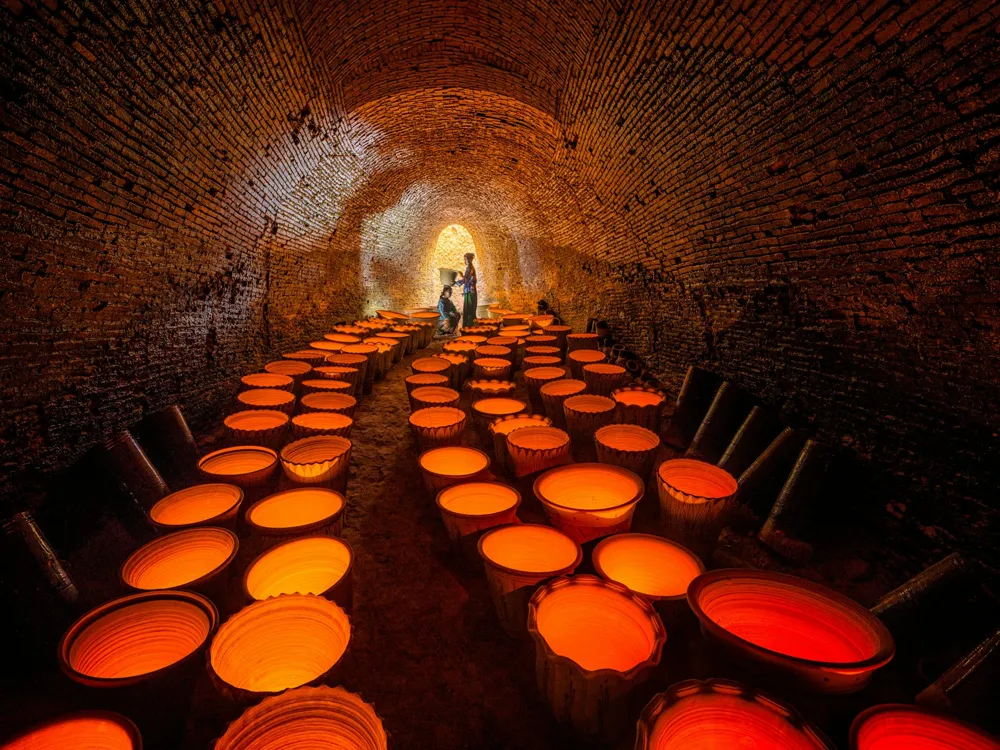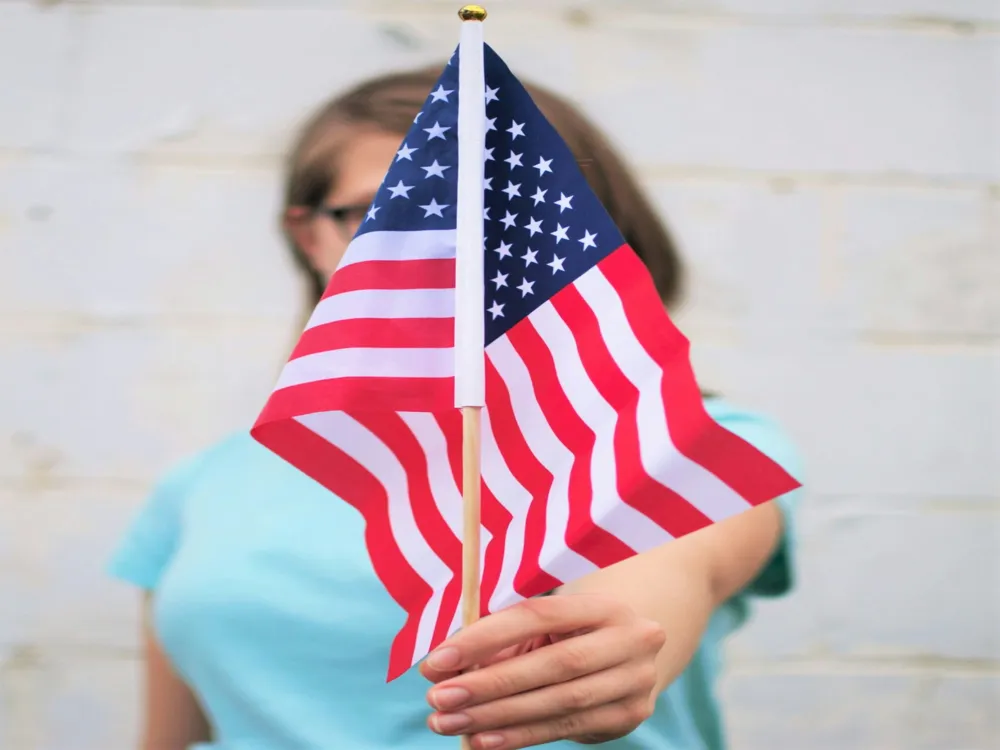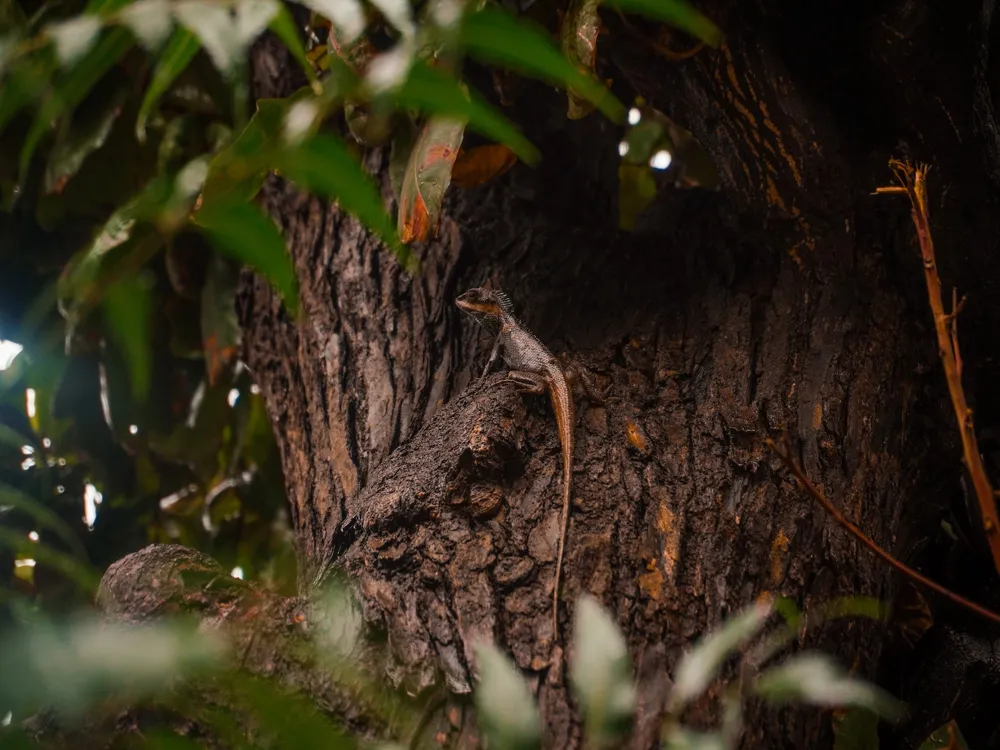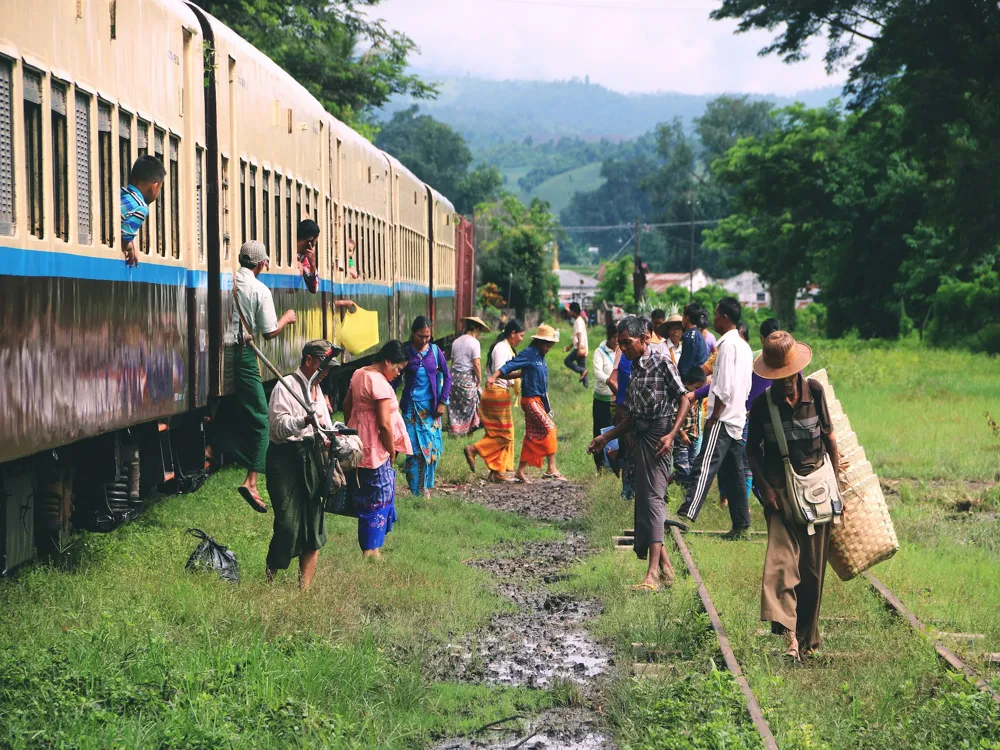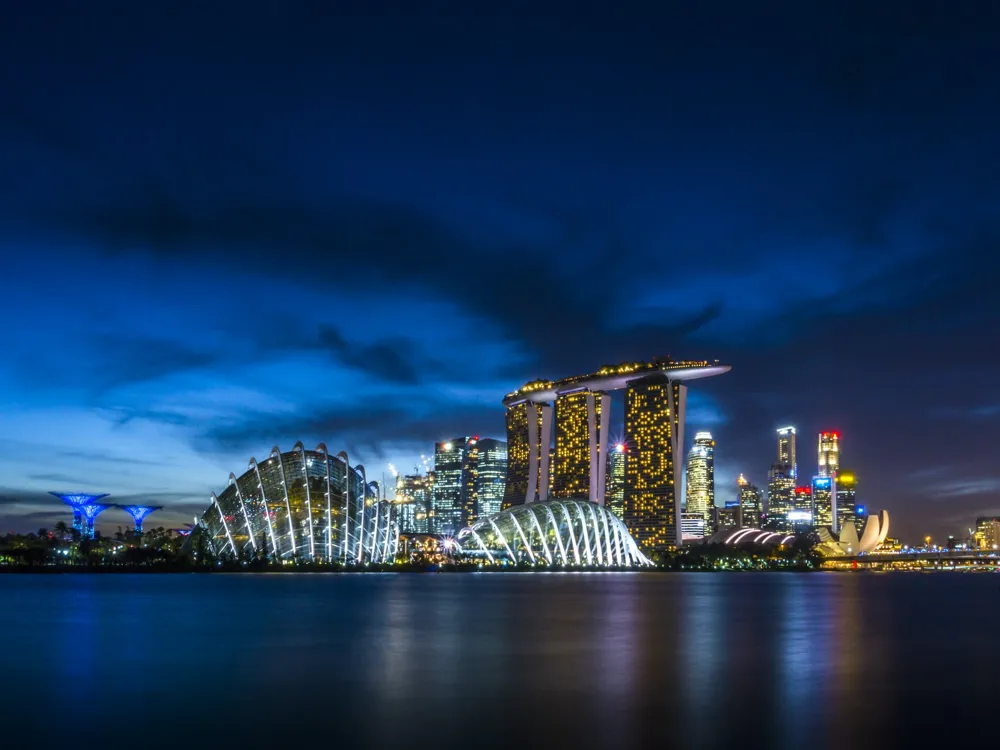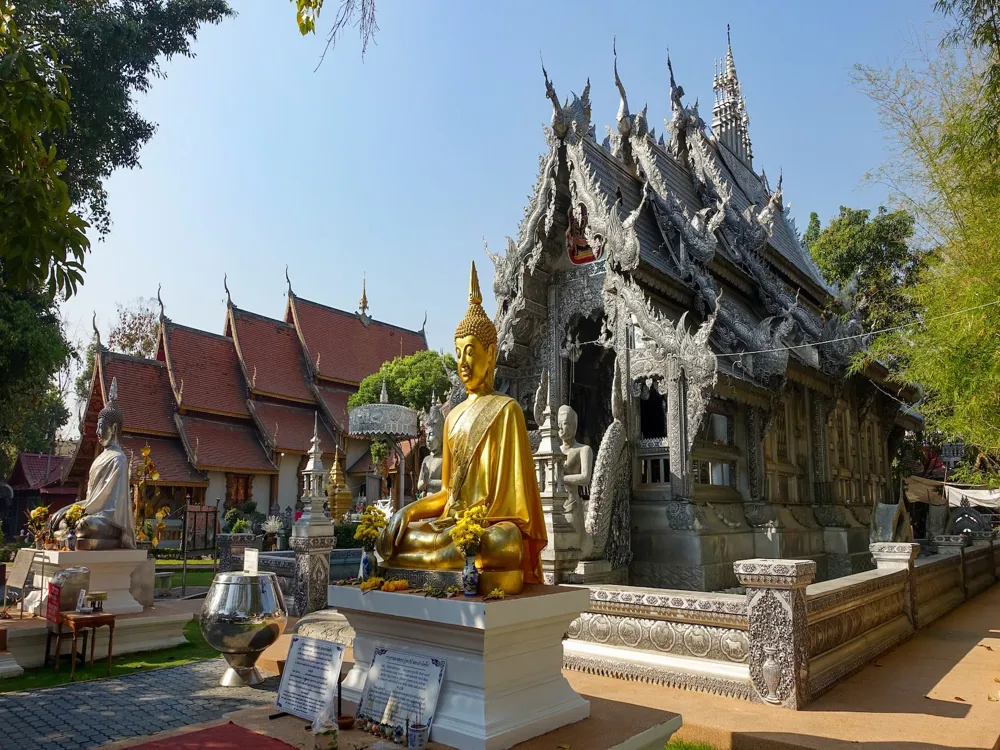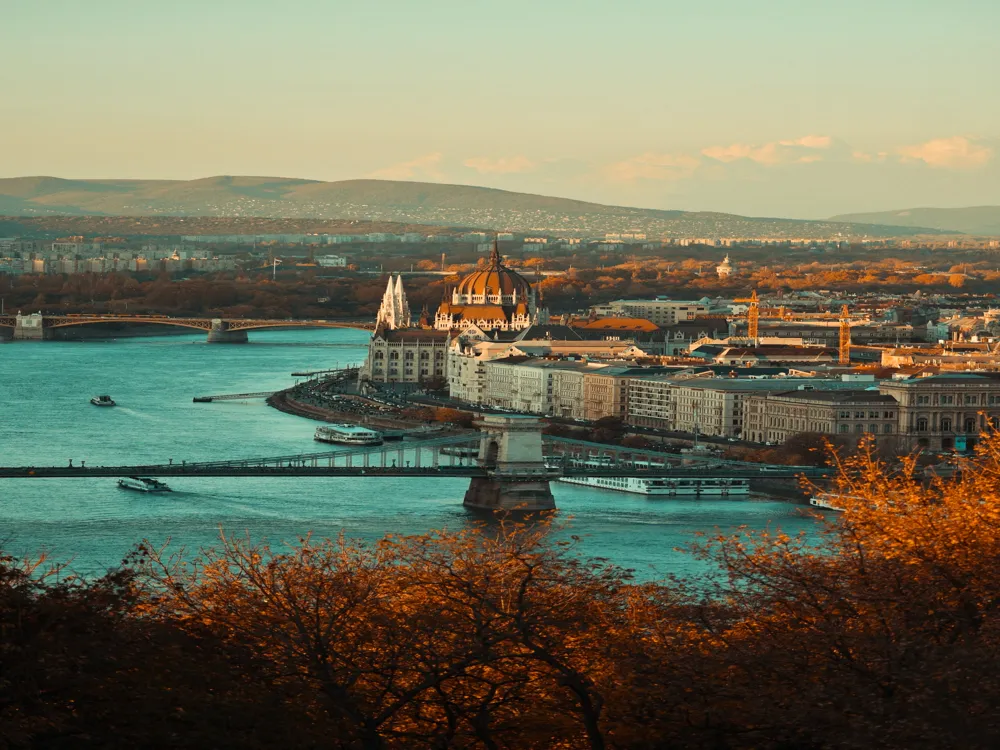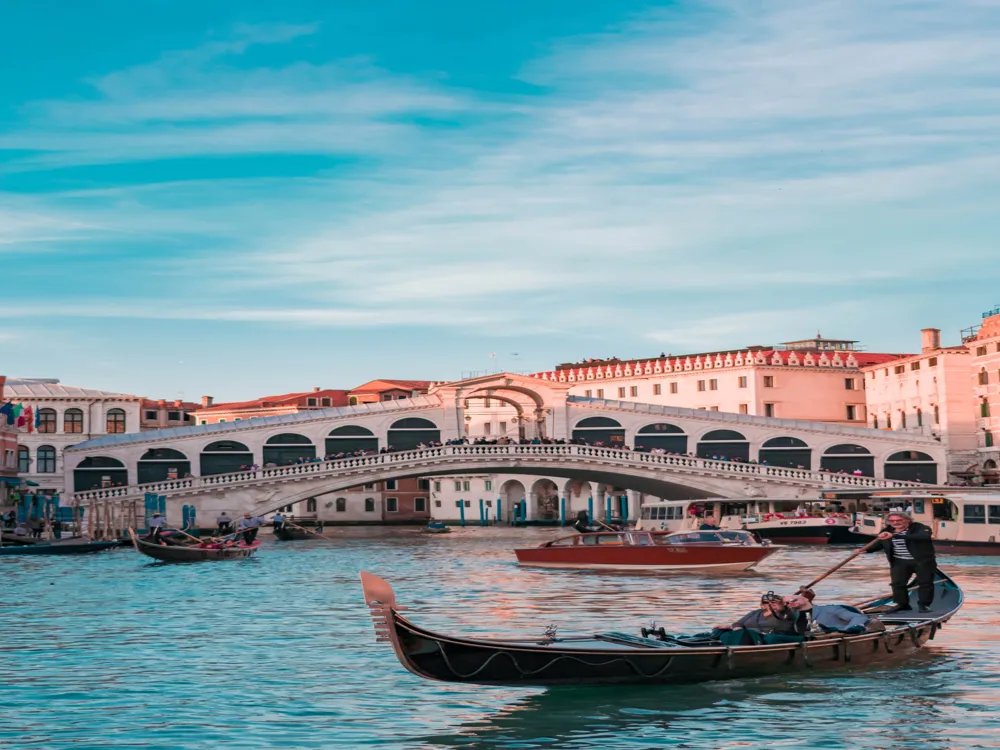Nyaung U, a town located near the ancient city of Bagan in Myanmar, is a treasure trove of history and culture. As the gateway to the Bagan Archaeological Zone, Nyaung U is known for its bustling markets, vibrant local life, and proximity to some of the most significant temples and pagodas in the region. The town's charm lies in its blend of traditional Burmese life with the influences of modernity, making it a fascinating destination for travelers. The history of Nyaung U is deeply intertwined with the rise and fall of the Bagan Empire, which thrived between the 9th and 13th centuries. During this period, over 10,000 Buddhist temples, pagodas, and monasteries were constructed in the Bagan plains, with many located around Nyaung U. The town served as a critical hub for trade and religious activities. Today, Nyaung U's landscape is dotted with remnants of this golden era, with many temples still standing as a testament to the architectural prowess and spiritual devotion of ancient Bagan. Visitors to Nyaung U are often struck by the town's vibrant atmosphere. The Nyaung U Market, a focal point of local life, offers a glimpse into the daily routines of the residents. Here, one can find a variety of local produce, handicrafts, and souvenirs. The town is also home to several traditional tea shops and eateries, where visitors can sample local cuisine and engage with friendly locals. The architecture of Nyaung U is a reflection of the rich history and cultural heritage of the Bagan region. The town is surrounded by ancient temples and pagodas, each showcasing unique architectural styles that evolved over centuries. These structures are not only religious sites but also artistic masterpieces that offer insight into the engineering and artistic skills of the ancient Bagan civilization. One of the most notable architectural features in Nyaung U is the use of brick and stucco in construction. The Bagan architects mastered the art of bricklaying, creating intricate designs and patterns. Many temples feature elaborate stucco carvings depicting Buddhist tales, mythical creatures, and intricate floral patterns. The use of red brick gives the structures a distinct appearance, especially during sunrise and sunset when the bricks glow with a warm, golden hue. The temples and pagodas in Nyaung U vary in size and design. Some, like the Shwezigon Pagoda, are massive and imposing, while others are smaller and more intimate. The Shwezigon Pagoda, known for its gold-leaf-covered stupa, is a fine example of early Bagan architecture and a significant pilgrimage site for Buddhists. Its design has influenced many other stupas in Myanmar. The ideal time to visit Nyaung U is between November and February when the weather is cooler and more comfortable for exploring the outdoor sites. Avoid the rainy season from June to October, as heavy rains can make travel difficult. When visiting temples, dress modestly and remove shoes and socks before entering. Be mindful of local customs and traditions, and always show respect to monks and religious sites. Rent a bicycle or e-bike to navigate the temples at your own pace. Start early to avoid the midday heat and to witness the stunning sunrise over the temples. Don't miss the opportunity to try local dishes like mohinga, a traditional Burmese fish soup, and tea leaf salad. Explore the local markets for fresh, authentic flavors. Nyaung U is accessible by various means of transportation. The most convenient way is to fly to Nyaung U Airport, which has connections to major cities in Myanmar. For a more scenic route, travelers can take a bus or a train from Yangon or Mandalay. River cruises along the Irrawaddy River also offer a unique way to reach Nyaung U, providing stunning views of the Myanmar countryside. Read More:Overview of Nyaung U in Bagan
The architecture of Nyaung U
Tips When Visiting Nyaung U
Best Time to Visit
Respecting Local Culture
Exploring the Temples
Local Cuisine
How To Reach Nyaung U
Nyang U
Bagan
NaN onwards
View bagan Packages
Weather :
Tags : Town
Ticket details : MMK 25,000 for foreigners, which covers the entry to all sites in the Bagan Archaeological Zone.
Planning a Trip? Ask Your Question
Bagan Travel Packages
View All Packages For Bagan
Top Hotel Collections for Bagan

Private Pool

Luxury Hotels

5-Star Hotels

Pet Friendly
Top Hotels Near Bagan
Other Top Ranking Places In Bagan
View All Places To Visit In bagan
View bagan Packages
Weather :
Tags : Town
Ticket details : MMK 25,000 for foreigners, which covers the entry to all sites in the Bagan Archaeological Zone.
Planning a Trip? Ask Your Question
Bagan Travel Packages
View All Packages For Bagan
Top Hotel Collections for Bagan

Private Pool

Luxury Hotels

5-Star Hotels

Pet Friendly













